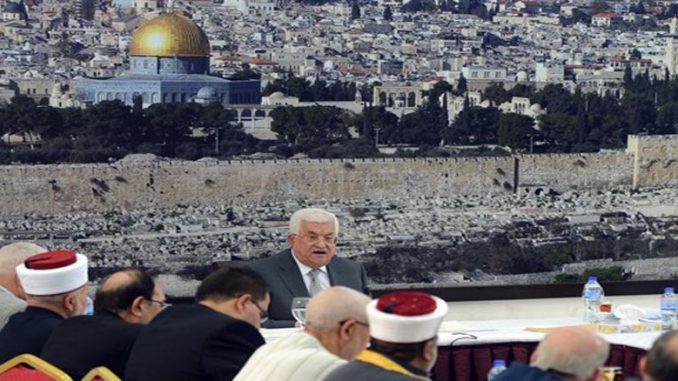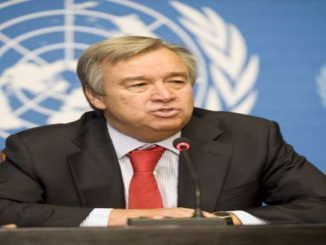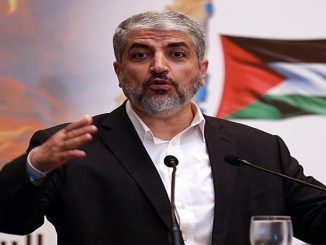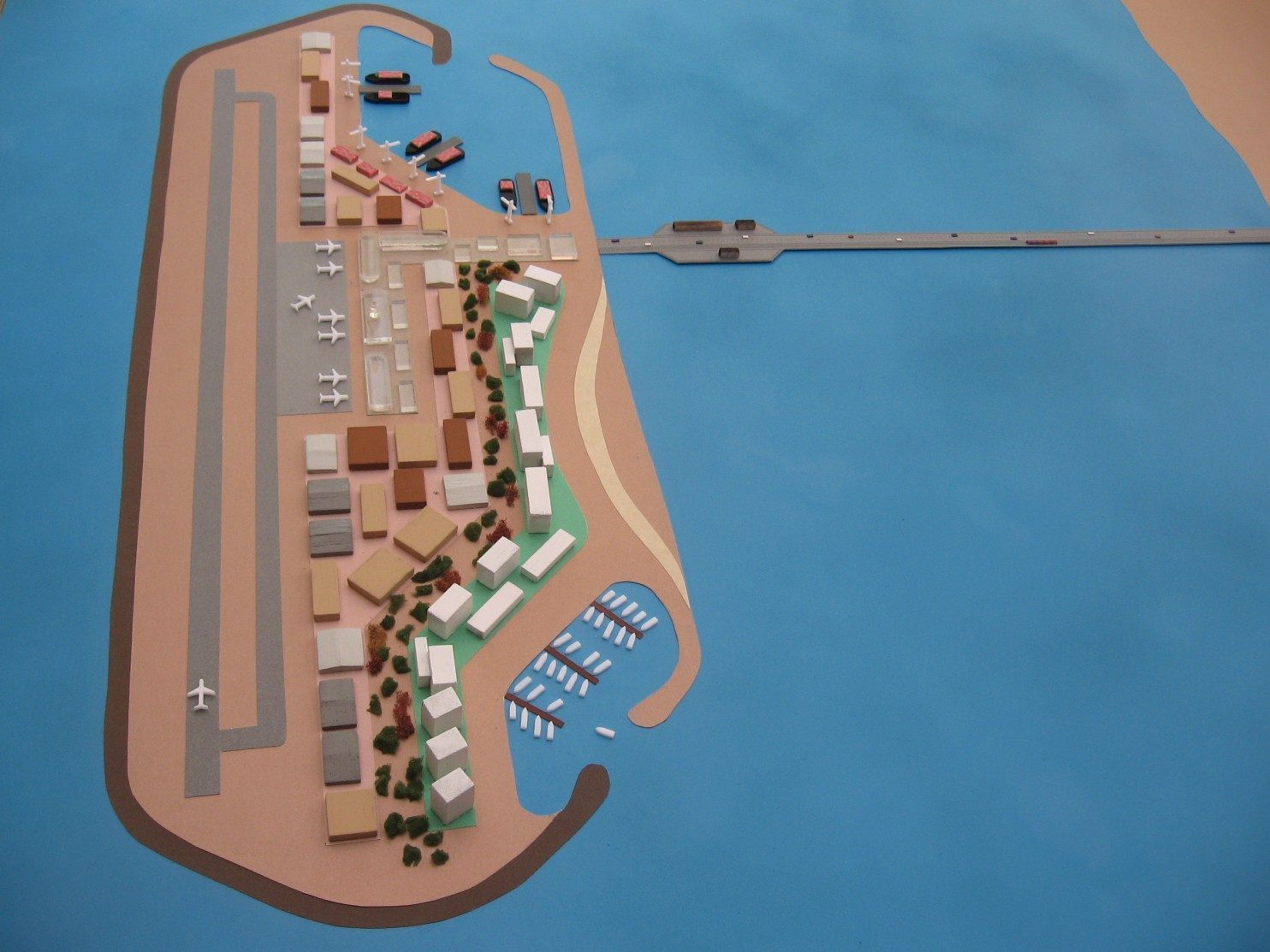
Both the Palestinian Authority (PA) and the Hamas movement, the de facto ruling party in the besieged Gaza Strip, called for Palestinian national unity on Sunday amid ongoing protests over increased Israeli security measures at the Al-Aqsa Mosque compound in occupied East Jerusalem.
The PA called on Hamas to immediately respond to PA President Mahmoud Abbas’ invitation to transcend the ten-year conflict with the PA ruling party Fatah and hand over control of the Gaza Strip in the name of broader national interest.
PA spokesman Tariq Rishmawi said that the city of Jerusalem, as well as Islamic and Christian holy sites, were worthy of Palestinians coming together in their defense against Israeli attempts to turn the Israeli-Palestinian conflict from a political to a religious one.
Rishmawi also expressed appreciation for the “legendary determination” of the Palestinian people in Jerusalem, reiterating the PA’s position in favor of East Jerusalem as the capital of an independent Palestinian state alongside Israel.
Meanwhile, the Hamas movement called in a statement for all Palestinian political factions to come together to urgently devise a national strategy to protect Al-Aqsa.
“Amid the dangerous circumstances that the Al-Aqsa Mosque and the Palestinian cause are facing, we are reaching out to Fatah, the head of Palestinian Authority, Mahmoud Abbas, and other factions to stand united and end the conflict in accordance to previous agreements,” the statement read.
Hamas called on all Palestinian factions to act in support of what it called the “Jerusalem Intifada,” including by ending the PA’s controversial policy of security coordination with Israel and ceasing punitive procedures against the Gaza Strip, former prisoners, and Palestinian Legislative Council members.
Abbas said on Friday that he had decided to suspend all contacts with Israel until the latter lifted recent security measures in occupied East Jerusalem.
However, unconfirmed reports suggested that the decision would not include the cessation of security coordination with Israel — through which the PA has been accused of carrying out a “revolving door” policy funneling Palestinians from PA jails to Israeli prisons.
Hamas had reportedly called Abbas’s announcement “meaningless without the lifting of the restrictions on Gaza, stopping security coordination (with Israel), and an end to reining in the resistance to the occupation.”
“We greet the Palestinian youths resisting with heroic and brave operations that reflect the depth of their ties to their homeland, and we take pride in their choice to resist and to remain determined to break all plots by the Zionist enemy,” Hamas added on Sunday.
Hamas also called on Arab nations, leaders, and people to support Palestinians and their struggle in Jerusalem, expressing appreciation for the official and popular stances in these countries in solidarity with Palestinians.
In the wake of a deadly shoot-out between Palestinian assailants and Israeli police officers on July 14, Israeli forces shut down the Al-Aqsa compound for two days, only to reopen it after having installed security cameras, metal detectors, and turnstiles at the entrances of the compound.
Palestinians have said the move is the latest instance of Israeli authorities using Israeli-Palestinian violence as a means of furthering control over important sites in the occupied Palestinian territory and normalizing repressive measures against Palestinians.
Palestinians have protested the measures by praying outside of Al-Aqsa’s gates, with mass demonstrations across the occupied territory on Friday erupting into violent clashes that left three protesters killed.
Since Friday’s demonstrations, three Israelis have been killed in a stabbing attack in an illegal settlement, one Palestinian was killed by Israeli forces in al-Eizariya, and another Palestinian was killed by unexploded Israeli ordnance in the northern West Bank.
Numerous attempts have been made in the past to reconcile Hamas and Fatah since they came into violent conflict in 2007, shortly after Hamas’ 2006 victory in general elections held in the Gaza Strip.
However, Palestinian leadership has repeatedly failed to follow through on promises of reconciliations, as both movements have frequently blamed each other for numerous political failures.
The PA has been the focus of fierce condemnation in recent months, after being accused of deliberately sending the impoverished Gaza Strip further into a humanitarian catastrophe in order to wrestle control of the territory from Hamas.
The Ramallah-based PA has notably decided to slash funding for Israeli fuel to the coastal enclave, as Israeli authorities acceded to PA demands to dramatically reduce its electricity supply to Gaza, which was already reeling from lack of access to electricity and fuel.
Hamas authorities have also been accused of withholding funds collected in Gaza from the PA, as well as targeting Fatah officials in Gaza through detentions and restricting their freedom of movement, recently preventing a Fatah Central Committee member from leaving the besieged territory.



